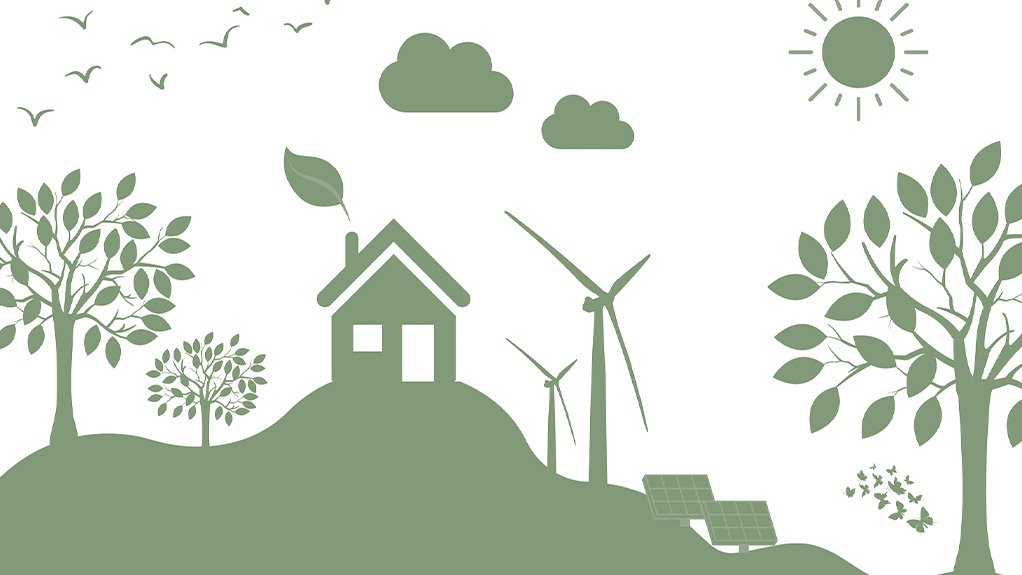
(Virtual Showroom): South Africa, like many other countries around the world, is grappling with the challenge of reducing carbon emissions and transitioning to cleaner and more sustainable energy sources. With a rapidly growing population and a strong demand for energy, the country faces significant challenges in meeting its energy needs while reducing its carbon footprint. However, South Africa has a wealth of renewable energy resources, and there are several options that could help the country achieve its goals.
Solar Energy
South Africa is one of the sunniest countries in the world, and solar energy has tremendous potential in the country. The South African government has recognized this, and as a result, the country has one of the most ambitious renewable energy programs in the world. Large-scale solar farms have been built in various parts of the country, and smaller-scale solar installations are becoming more common in urban and rural areas. With the continued development of solar technology and the reduction in the cost of solar panels, solar energy has the potential to play a significant role in South Africa's energy mix.
Wind Energy
South Africa has a long coastline, and this makes it an excellent location for wind energy generation. The country has significant wind resources, particularly along the Western Cape coastline, and there are already several large-scale wind farms in operation. Wind turbines can be built on both land and offshore, and the technology has become more efficient and cost-effective over the years. Wind energy has the potential to contribute significantly to South Africa's energy mix and help reduce the country's reliance on fossil fuels.
Hydropower
South Africa has limited hydropower resources compared to other countries, but there are still several opportunities for developing this type of renewable energy. The country has several small-scale hydropower plants, and there are plans to build more. Hydropower is a clean and renewable energy source that can provide base-load power, making it an attractive option for South Africa's energy mix.
Bioenergy
South Africa has significant agricultural resources, and bioenergy has the potential to make a meaningful contribution to the country's energy mix. Bioenergy can be produced from a variety of sources, including sugarcane, maize, and other crops, as well as from forestry and agricultural waste. Biogas can also be produced from livestock waste, which is abundant in South Africa. Bioenergy has the potential to provide a significant source of renewable energy while also providing additional benefits, such as waste management and job creation.
In conclusion, South Africa has several renewable energy options that have the potential to reduce carbon emissions and help the country transition to a more sustainable energy mix. Solar and wind energy are particularly promising, given the country's abundant resources in these areas. However, there are also opportunities for developing bioenergy and hydropower in certain areas. By investing in these renewable energy options, South Africa can reduce its carbon footprint, create jobs, and provide a reliable source of energy for its growing population.